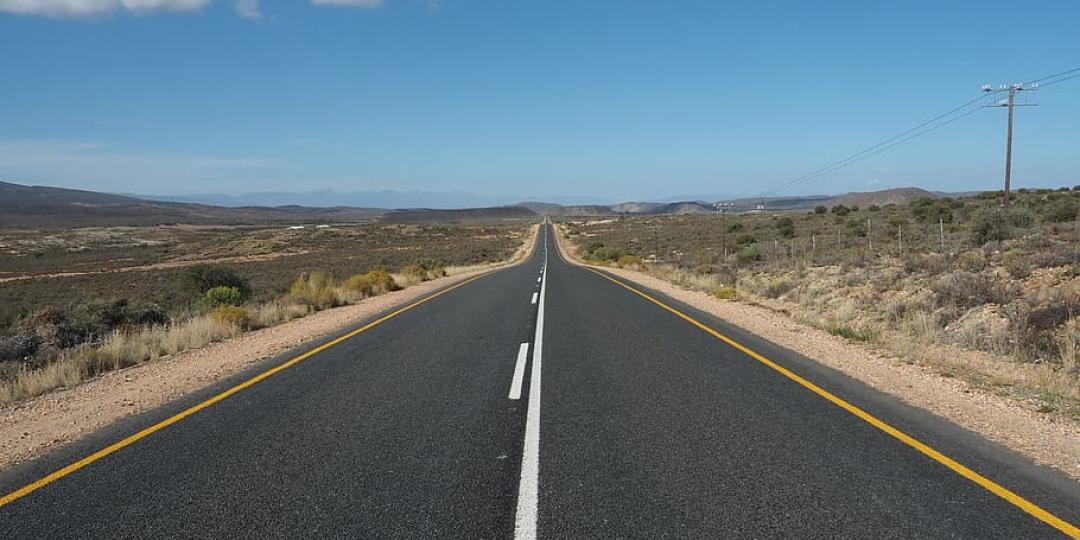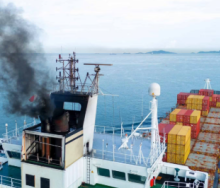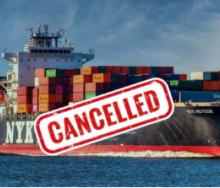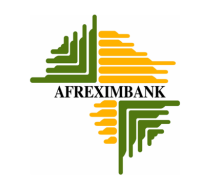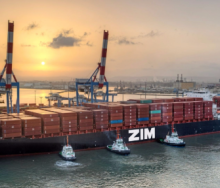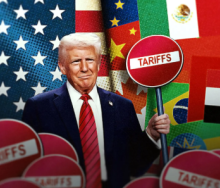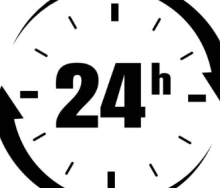Visionary road and rail projects are set to change the African corridor landscape over the next decade.
The African Development Bank (AfDB) recently announced it had secured the $15.6-billion funding needed for a “game-changing” 4 500-kilometre West African highway that will connect 14 countries – Benin, Burkina Faso, Côte d’Ivoire, Gambia, Ghana, Guinea, Guinea-Bissau, Liberia, Mali, Niger, Nigeria, Senegal, Sierra Leone, and Togo.
This will complement six cross-border East African Community projects covering around 1 500km, and road upgrades and construction in southern Africa.
Other projects will connect cities on the east and west coasts.
A new 1 028km coastal highway, which is expected to cost $15.6bn, will go from Lagos in Nigeria and Abidjan, Ivory Coast, passing through Benin, Togo and Ghana.
Funding for the project is being organised by the African Development Bank (AfDB).
The six-lane motorway will be built in three phases: a 295km link between Abidjan and Takoradi in Ghana; 466km from Takoradi to Akanu (Ghana); and 320km route to Lagos, passing through Lomé in Togo and Porto-Novo in Benin. Eight border posts will also be built along the corridor.
Road linkages on the eastern seaboard are being driven by the Northern Corridor Transit and Transportation Coordination Authority, which is establishing a multimodal trade route linking Mombasa to Burundi, the Democratic Republic of Congo, the rest of Kenya, Rwanda, South Sudan and Uganda.
Another “game changer” is a continent-wide high-speed magnetic levitation (maglev) rail network planned by Zürich’s Afrailways and Namibia’s Groot Suisse Industries.
The network will link 80% of Africa’s population at speeds of up to 431km an hour.
Afrail Express will have the capacity to transport more than 600 million passengers and 500 million packages a week, according to Rachel Long, VP, corporate strategy at Afrailways.
The first phase will connect Cape Town to Casablanca via Windhoek, Luanda, Lusaka, Kinshasa, Lagos and Dakar, then from Casablanca to Cairo via Tripoli, and then from Cairo to Cape Town via Nairobi, Kigali, Harare, Gaborone, and Johannesburg.
Construction is due to begin in May 2024 at multiple sites in different countries, with trains starting to run in 2033, according to Long.
